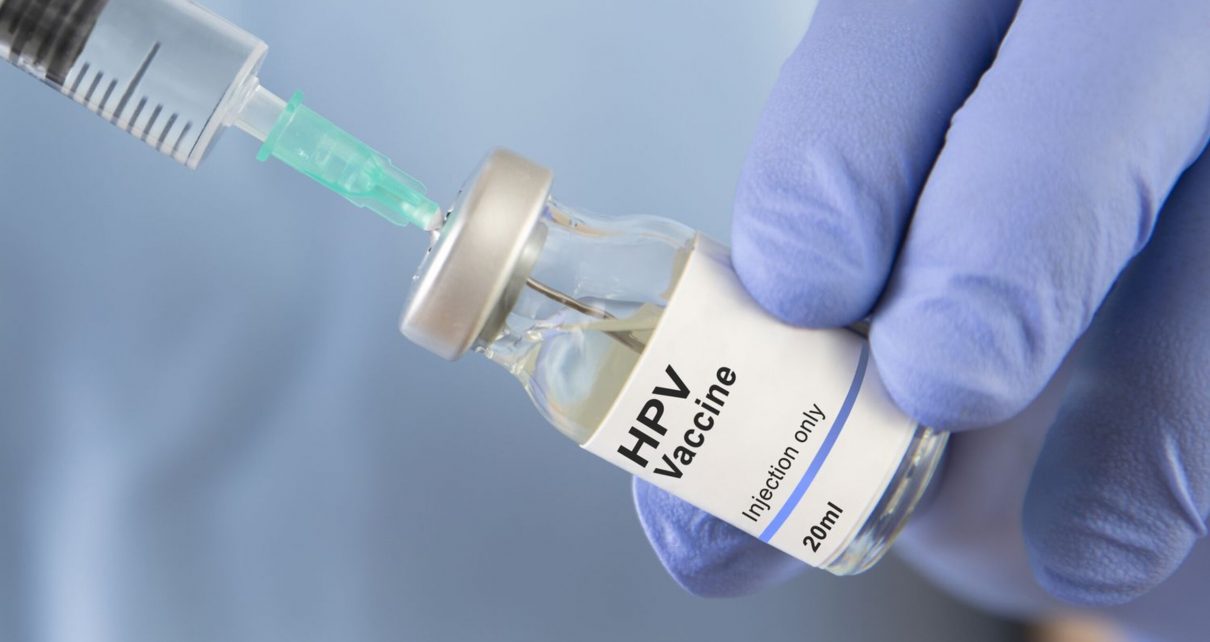The World Health Organisation (WHO) has revealed that Nigeria is embarking on a groundbreaking vaccination drive aimed at protecting girls against the Human Papilloma Virus (HPV), which is responsible for the majority of cervical cancer cases. This campaign is set to become the largest single round of HPV vaccination ever conducted in the African region, targeting a staggering 7.7 million girls.
The WHO made this announcement in a statement on Tuesday, emphasising the significance of the initiative. According to the WHO, girls aged 9–14 years will receive a single dose of the vaccine, which is highly effective in preventing infection with HPV types 16 and 18, responsible for over 70 percent of cervical cancers.
In Nigeria, cervical cancer is identified as the third most prevalent cancer and the second most common cause of cancer-related deaths among women aged 15 to 44 years. The WHO noted that in 2020, the country witnessed 12,000 new cases of cervical cancer and an alarming 8,000 deaths.
Muhammad Ali Pate, the Coordinating Minister of Health and Social Welfare, expressed his concern, stating, “The loss of about 8,000 Nigerian women yearly from a disease that is preventable is completely unacceptable.” He further urged parents to ensure their children receive the HPV vaccine to protect them from cervical cancer, emphasising that this action aligns with the Renewed Health Agenda of President Bola Ahmed Tinubu.
In this monumental vaccination campaign, which will commence in 16 states and the Federal Capital Territory, a five-day mass vaccination drive will be conducted in schools and communities. Subsequently, the vaccine will become a part of routine immunization schedules within health facilities. The second phase of this vaccination rollout is scheduled to start in May 2024, encompassing 21 states.
The vaccination initiative in Nigeria is made possible through the free provision of the vaccine by the Federal Ministry of Health, supported by organizations such as Gavi, the Vaccine Alliance, the United Nations Children’s Fund (UNICEF), and WHO. Over 35,000 healthcare workers have received training to ensure the successful delivery of the campaign and subsequent vaccine administration in health facilities.
To ensure that all eligible girls have access to the vaccine, vaccination sites have been established in all 4,163 wards across the 16 states included in the initial rollout. Mobile vaccination units have also been set up to reach remote communities.
Dr. Walter Kazadi Mulombo, WHO Representative in Nigeria, stressed the importance of this campaign, highlighting that cervical cancer is one of the few cancers that can potentially be eliminated through vaccination. He reaffirmed WHO’s commitment to supporting the Nigerian government in making the HPV vaccine widely accessible.
Nigeria’s proactive stance aligns with WHO recommendations, which advocate for the inclusion of HPV vaccination in national immunization programmes for countries where cervical cancer is a significant public health concern and where the implementation is feasible.
This vaccination campaign holds the promise of significant impact, with Gavi having co-financed the vaccines and provided technical support. UNICEF, in its role, has procured nearly 15 million HPV vaccines on behalf of the Nigerian government. The agency has also developed information materials and conducted readiness assessments to dispel misinformation and ensure that every eligible girl, regardless of location or circumstance, can access this life-saving intervention.
Cristian Munduate, UNICEF Representative in Nigeria, shared his optimism, stating, “In our shared quest for a brighter future, the introduction of the HPV vaccine in Nigeria represents a monumental stride towards safeguarding our girls from the grips of cervical cancer.” He reiterated that this vaccine offers hope, resilience, and a healthier future for Nigeria’s young women, acknowledging the collaborative effort among the government and partners to make this initiative a reality.



